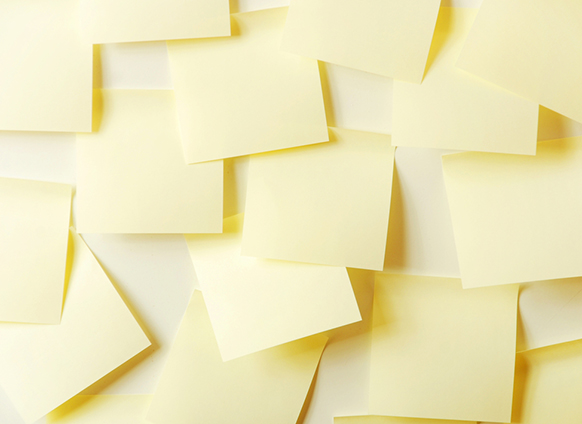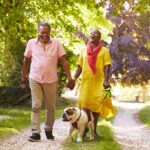It should have been working. For months, in defiance of our Do It All culture, I’d been cutting back. Among the things I had postponed or pulled the plug on: blogging, comedy improv, home-improvement projects, and a ton of holiday baking, making and bellyaching.
Some of those decisions had brought pangs, it’s true. I love improv, for instance, with its license to find my inner buffoon and let her horse around with other people’s inner buffoons. But in the words of Greg McKeown, author of the best-seller Essentialism: The Disciplined Pursuit of Less, “If you haven’t said no to something that’s hard to say no to, you are not an essentialist.” And boy, did I want to be one. As thinkers and researchers dating back at least to Thoreau have made clear, you can’t be your best self if your life is cluttered with the nonessential. McKeown again: “Only once you give yourself permission to stop trying to do it all, to stop saying yes to everyone, can you make your highest contribution towards the things that really matter.”
What really matters to me, after my family, is poetry.
So why didn’t I have more time for it? Why, after I’d scraped so much off my plate, hadn’t that plate filled with fresh-baked poems?
When I called McKeown in Northern California, hoping for answers, he started asking questions instead. The first, which he called “the best question you can ask every day of your life,” was this:
If I didn’t have to do everything on my to-do list, but I could do one thing today to break through to the next level of contribution in my life, what would it be?
He waited for my reply.
“I’d write a poem,” I said.
“How much poetry is on your schedule for today?”
“No poetry. Zero.”
An audible snort from California.
“That is the problem,” McKeown said. “That’s non-essentialism in practice.”
Holy iambic pentameter, Batman. I hadn’t felt so dumb in a long time.
Even though I had taken a bunch of nonessentials off my calendar, I hadn’t done the next, equally important thing: putting all the essentials on my calendar. And like many of us, if something challenging (like writing poetry) isn’t added to that little grid, I feel it doesn’t technically have to get done. Boom: A vacuum is born. In rush TV binges. And Twitter benders. And moments where—as if after a blackout—I find myself in front of Facebook watching a cat in a box or a goat in a tree, with no idea how I got there.
How to keep my schedule on the wagon from now on? It won’t surprise you that McKeown had some ideas.
As a sequel to Essentialism, he said he plans a workbook that will help people hold a “personal quarterly”—a version of the big-picture review that business executives do every 90 days or so. “If they weren’t doing that, we wouldn’t even think they were doing their jobs properly. But how many of us do it [privately]? As the CEO of our own lives, how many of us are taking time once a quarter to evaluate where we are and where we want to go?”
So McKeown favors taking a day four times a year—“in nature,” where you’ll have fewer distractions—to ponder what may be getting between you and your essentials. Among his suggested questions: Where am I compromising my focus in ways I shouldn’t be? Where am I letting social pressure trump my internal voice? And, of course, What would I do if I could do anything?
Once you’ve picked your top priority or two for the quarter, he said, plan your routine around it—in writing.
But don’t stop there.
Once a week, set aside an hour for more questions, such as Is this the right routine? and Does it need adjusting?
Each morning, ask yourself McKeown’s “best question” (about the most important thing you could do that day).
Before bed, try answering these: Where did I spend my time today? Am I proud of the choices I made at home and at work?
McKeown has been asking himself all of the above, he said, with great results. The day before we spoke, for example, the “best question” had led him and his wife to spontaneously take their four kids out of school and travel to Napa Valley. There they were enjoying a two-day vacation while checking out an “amazingly beautiful, pristine hotel out in nature” where McKeown is considering running a program. “We’re combining the highest-value work I could be doing professionally and the highest-value work I could be doing personally into a marvelous memory.”
Before I could gloat about our interview being part of that highest-value work, McKeown sobered me right up.
It’s his belief, he said, that each of us has an essential mission in life and just enough time to fulfill it if we stay focused. And with that in mind, he posed one last question: “On the day you die, what will you hope you did, and decided to do, on this one?”
Gulp.
As you may have guessed, my calendar hasn’t been quite the same since that conversation. In fact, I’ve got to go.
My 9 o’clock sonnet is waiting.










